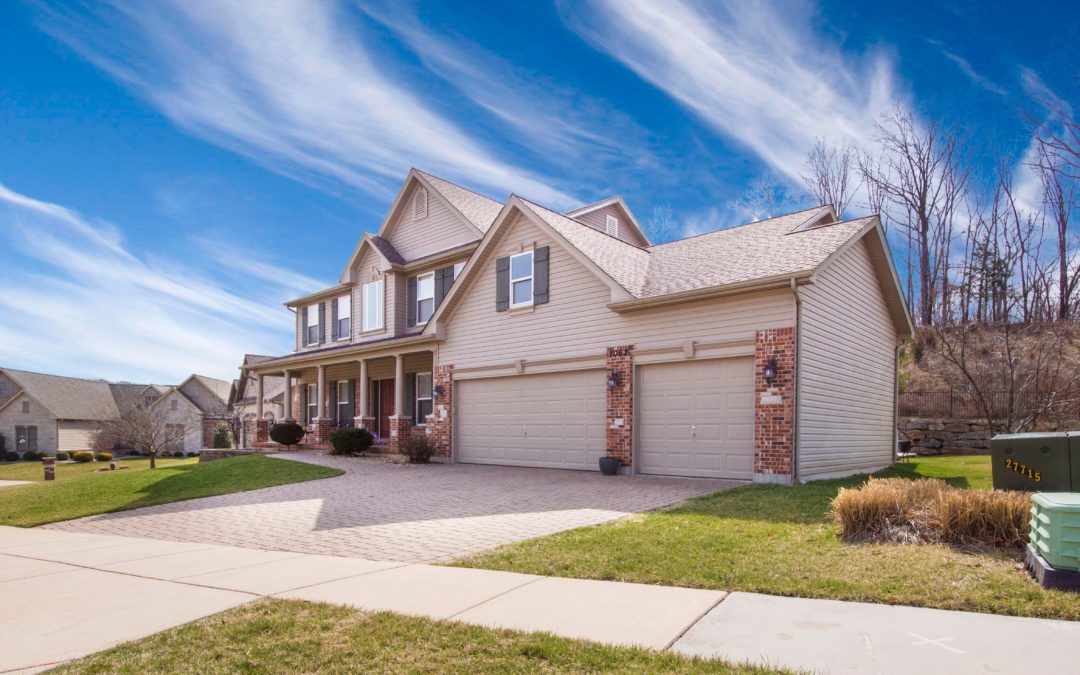If you own your own home and carry a mortgage, you must carry homeowner’s insurance. However, in our last blog about flood insurance, we mentioned that regular homeowner’s insurance does not cover losses due to weather-related flooding. This has led many people to wonder what, exactly, their homeowner’s policy does cover.
As with all insurance, the purpose of homeowner’s insurance is to cover losses that you cannot pay for yourself.
If you have a mortgage, your lender will require you to purchase homeowner’s insurance. For a single-family home, the homeowner’s insurance policy has four coverage parts:
- The home itself.
- What you have in the home—the contents.
- Legal liability to protect you in case someone is hurt on your property.
- Loss of use of your home. If your home is unlivable, this pays for temporary housing while your home is being repaired.
Now to the question of what does the policy cover.
When you speak to your agent, he or she will talk about perils or events that the policy will cover. The two types of insurance you will probably encounter are:
- Named perils which will cover only the types of perils listed in the policy, or
- Open perils. This type of policy covers all disasters except those that are specifically named in the policy.
Most homeowner’s insurance policies cover damages caused by the following perils:
- Fire
- Windstorm
- Hail
- Lightning
- Smoke
- Explosion
- Theft or vandalism
- Riot
- Vehicle collision.
Other policies may also cover:
- Damage caused by frozen plumbing
- Accidental water damage
- Damage caused by falling objects
- Damage caused by the weight of snow or ice.
There are other disasters that most insurance policies will not cover:
- Floods due to weather
- Earthquakes
- Power failure
- War
- Nuclear explosion
As we discussed last week, insurance can be purchased to cover damage caused by flood. You can also purchase insurance to cover damage from earthquakes. The cost of either of these policies depends on the likelihood of you experiencing a flood or an earthquake.
No matter what type of homeowner’s insurance you purchase, there are ways you can reduce the premium cost.
The first way is to increase your deductible. The higher the deductible, the lower your premium. Of course, you have to consider your ability to pay the deductible out of your pocket. Many insurance companies also offer discounts such as:
- Multi-line discount if you insure your home and your vehicles with the same company
- Security system discount
- Having a roof that is hail-rated
- Discount for being a non-smoker
To find out which policy is best for you, speak to your home and auto insurance agent. Make sure he or she is going over all the options available and which they recommend for you due to your budget, living situation, and unique preferences. As always, if you have any questions about financial matters, please reach out. I would love to help!
Judith Ackland has more than 26 years of experience in accountancy and financial planning, including seventeen years as a CFO of a diverse business. She started Crystal Financial in 2010 to help a wide array of individuals, families, and business owners better understand their finances and how good financial management could help them achieve their goals. Judith has an MA in Professional Accountancy from the University of Nebraska at Lincoln as well as a Certified Public Accountant Certificate and a Certified Financial Planner designation.

